Repercussions from the Syrian conflict will be felt throughout the Middle East for decades to come. [Read part one here.]
Since the beginning of the Iranian nuclear interim deal with the P5+1 in Geneva, Saudi Arabia has expressed its displeasure at international negotiations with its regional rival. Riyadh is governed by a Wahhabi-influenced monarchy that seeks to legitimize itself through sectarian rhetoric, stirring the Sunni–Shia divide. This rhetoric allows Saudi Arabia to counter its geopolitical enemy and predominantly Shia neighbor, Iran.
Saudi Arabia has been among the most active governments funding the Syrian opposition throughout the civil war. The Saudi government reportedly financed a major transfer of infantry weapons from Croatia to rebel forces. In addition, Saudi Arabia spends millions of dollars to aid and train the Syrian rebel group, Jaysh al-Islam, to overthrow Syrian President Bashar al-Assad and act as a counterweight to jihadist groups operating within Syria. These groups, most notably the Islamic State, could pose a potential threat to the Gulf Cooperation Council (GCC), as seen by Riyadh’s recent deployment of troops to the border with Iraq. For Saudi Arabia, it is imperative that Assad falls from power and that Iran does not continue to expand its influence within Syria. This would allow Iran access to the Mediterranean Sea and a growth in proxies that are loyal to its government.
The fear of the Saudi government and the GCC is that Shia groups within the Gulf will become emboldened by Iran’s actions, leading to widespread unrest that would threaten regional stability.
Limited Options for the US
The United States has a number of key strategic goals in Syria, but faces several conflicting interests that have resulted in its inaction. The Obama administration wants to limit civilian casualties within the country. In addition, it seeks to prevent the establishment of safe havens for al-Qaeda affiliates and other radical Islamist groups in Syria and Iraq; curb the growth of Iranian influence within the region; deter the use of chemical and biological weapons; and limit regional instability.
Unfortunately, Washington has placed itself in a position where it has only limited options to bring the Syrian conflict to an end. The Obama administration greatly desires a nuclear interim deal and does not wish to jeopardize ongoing negotiations between the P5+1 and Iran.
The second option is a partition of Syria into two states — one that is governed by Assad, and another ruled by a coalition of different Syrian rebel factions. While this outcome is not desirable either, the reality is that Assad is not going to fall from power, especially given his recent reelection.
US foreign policy in the Middle East is shifting from an active role to a more passive one, as Washington seeks to create a multipolar state system within the region where no one state can become the hegemon. The US government hopes that Middle Eastern countries will counterbalance one another, preventing states from becoming too influential. The US can, therefore, exercise soft-power influence as opposed to a physical presence within the region.
But US foreign policy has achieved the exact opposite. In seeking not to jeopardize the nuclear interim deal with Iran, the Obama administration has given Tehran free rein to continue its operations within Syria, laying the foundation for the expansion of Iranian influence. In addition, the Iraq War brought a Shia-dominated government to power that has close ties with Iran. Therefore, Washington’s unwillingness to confront Iran has emboldened the Islamic Republic to secure its hold over the Shia crescent. For instance, the Iranian government will be the primary actor in sending troops into Iraq to combat the growing influence of the Islamic State — a group that threatens the strategic interests of both the US and Iran.
Additionally, Saudi Arabia sees itself as increasingly ostracized by the US, and has become frustrated with the Obama administration’s unwillingness to take military action against the Assad regime or to arm Syrian rebels. Moreover, Riyadh was left out of negotiations with the P5+1 in Geneva, due to concerns that it would jeopardize the deal-making process. Saudi-US relations have hit a historic low. Iran is enjoying its growing influence, while Saudi Arabia’s diminishes.
Therefore, the US has not achieved the creation of a multipolar regional system, but has rather enabled Iran to become a new regional hegemon that will continue to promote instability within the Middle East. Further, the Obama administration’s unwillingness to act has emboldened Russia to extend its influence throughout the region. It is true that US policy must mimic the public’s war-weary opinions, but its foreign policy has achieved the exact opposite of its strategic interests.
Policy Suggestions and Predictions
Recent talks in Geneva failed to produce anything substantial for a peaceful conclusion to the Syrian conflict. The Assad regime attempts to keep the focus on terrorism, in order to distract from discussions of real reforms or even Assad stepping down. In contrast, rebel groups seek the overthrow of Assad and the creation of a transitional governing body, in accordance with Geneva II, but the Syrian regime refuses to comply with this point. In addition, Assad has been reelected for another seven-year term with 88.7% of the vote, widening his support base. Both the opposition as well as its Western allies, including the US, have deemed the election as illegitimate and a farce.
Regardless of the outcome, the Syrian Civil War and its repercussions within Iraq have changed the balance of power in the Middle East. The US is increasingly passive and Iran has risen as a regional hegemon, whose power will only increase as the international community seeks to reach a resolution on the nuclear issue.
As both Russia and China are permanent members of the UN Security Council, and hence enjoy veto power, there will be no international humanitarian intervention in Syria, save for the temporary ceasefire in Homs. Moreover, because Western powers resisted providing arms to Syrian rebels due to the persistent fear that those weapons could end up in the hands of al-Qaeda affiliates, there has been irreversible damage to the opposition’s strategic standing. At this point, the overthrow of the Assad regime seems unlikely.
This leaves the international community with two options, none of which are desirable but both being realistic and probable outcomes. The first option is that Assad will retain his hold on power and emerge as the victor in the conflict. This outcome is by far the least desirable for Western powers, as well as the Gulf states and the wider Middle East. The second option is a partition of Syria into two states — one that is governed by Assad, and another ruled by a coalition of different Syrian rebel factions. While this outcome is not desirable either, the reality is that Assad is not going to fall from power, especially given his recent reelection. This second option allows those that resist Assad to obtain a safe haven within a new state rather than suffer under the oppression of the regime.
This is the goal toward which the Geneva talks should strive. A focus on regime change has proven time and again to be fruitless, as each side refuses to compromise on their hard-line agenda. Partition would allow Iran and Russia to continue to have a strong state ally in Assad, and would likely entail Alawite-majority areas in Latakia and around the port of Tartus, giving Russia access to the port.
Additionally, a partition of Syria would allow for members of the opposition to form a government to counterbalance that of Assad’s and the Shia influence in the region. While this option may not be the most appealing, it is the most beneficial one for the international community, and allows for those who oppose the Assad regime to seek safety within a new nation.
Regardless of the outcome, the Syrian Civil War and its repercussions within Iraq have changed the balance of power in the Middle East. The US is increasingly passive and Iran has risen as a regional hegemon, whose power will only increase as the international community seeks to reach a resolution on the nuclear issue. The escalating situation in Iraq will be a test for the ever-reluctant US on how passive a foreign policy it can maintain. It appears that Washington has no problem allowing Iran to fulfill the role that the US has often played in the past.
The influence of Saudi Arabia as a regional hegemon and protector of Sunni interests will continue to weaken. Due to the softening of relations between Iran and the US, Israel will see its strategic influence diminish within the Middle East as its sworn enemy continues to rise. Finally, Russia will extend its influence within the region, in an effort to tap valuable energy resources. The effects of the Syrian crisis will be felt within the Middle East for decades to come.
The views expressed in this article are the author’s own and do not necessarily reflect Fair Observer’s editorial policy.
Support Fair Observer
We rely on your support for our independence, diversity and quality.
For more than 10 years, Fair Observer has been free, fair and independent. No billionaire owns us, no advertisers control us. We are a reader-supported nonprofit. Unlike many other publications, we keep our content free for readers regardless of where they live or whether they can afford to pay. We have no paywalls and no ads.
In the post-truth era of fake news, echo chambers and filter bubbles, we publish a plurality of perspectives from around the world. Anyone can publish with us, but everyone goes through a rigorous editorial process. So, you get fact-checked, well-reasoned content instead of noise.
We publish 2,500+ voices from 90+ countries. We also conduct education and training programs
on subjects ranging from digital media and journalism to writing and critical thinking. This
doesn’t come cheap. Servers, editors, trainers and web developers cost
money.
Please consider supporting us on a regular basis as a recurring donor or a
sustaining member.
Will you support FO’s journalism?
We rely on your support for our independence, diversity and quality.


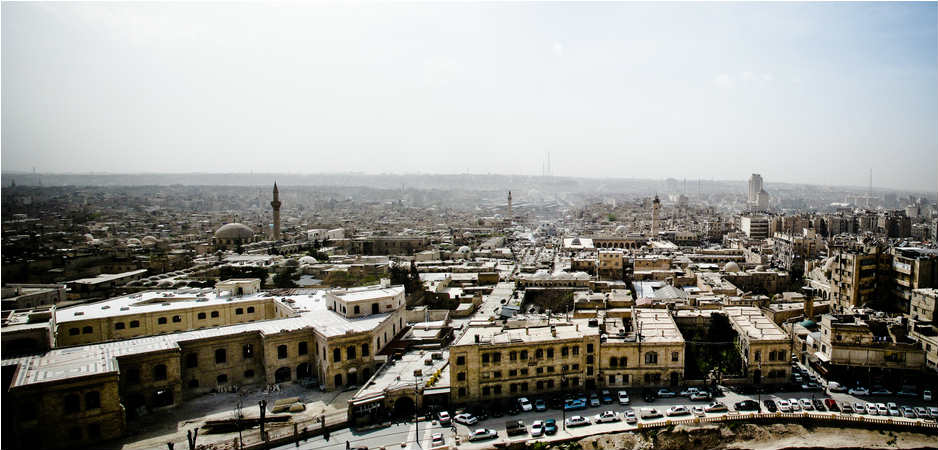

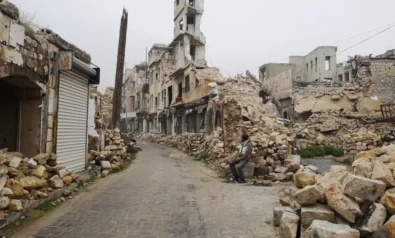

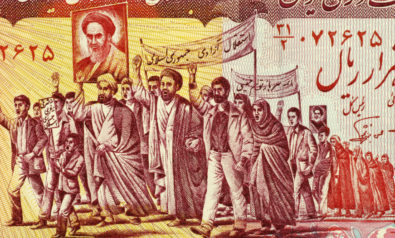

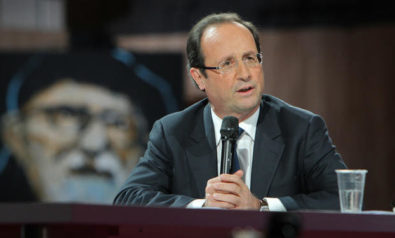
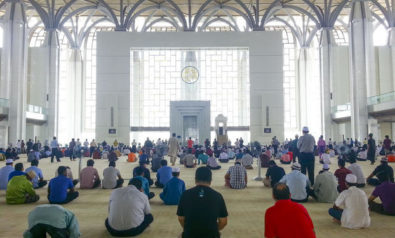
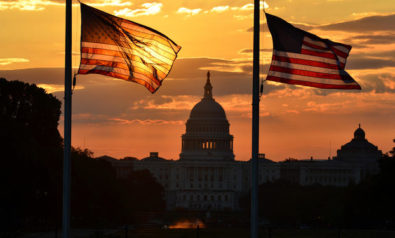
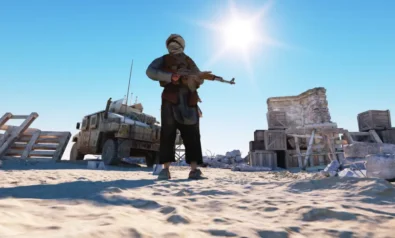
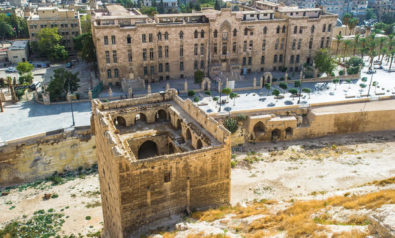
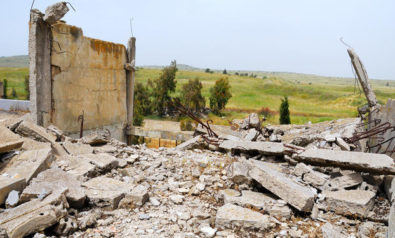


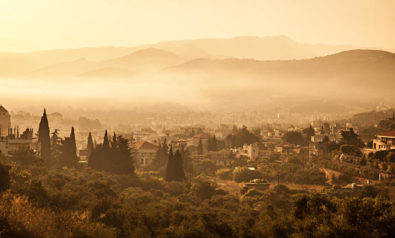
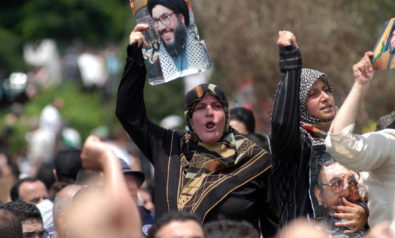



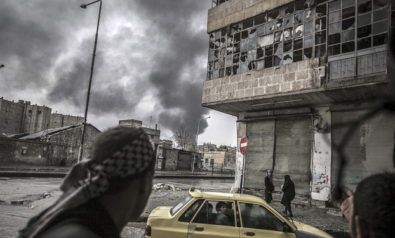
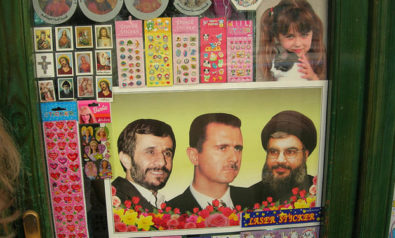
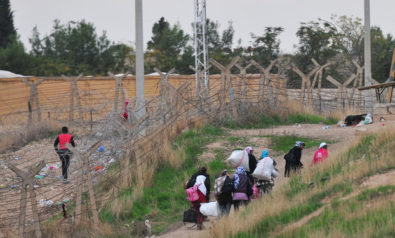
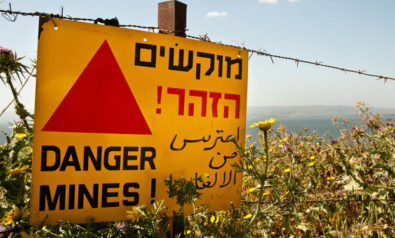
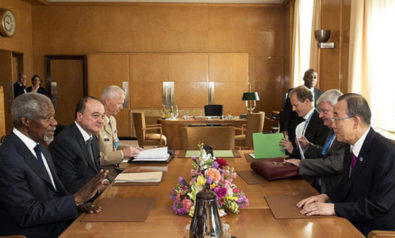
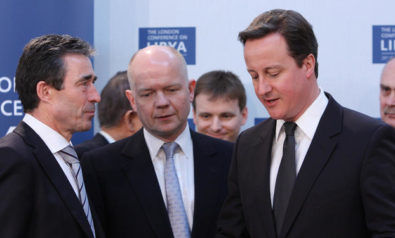
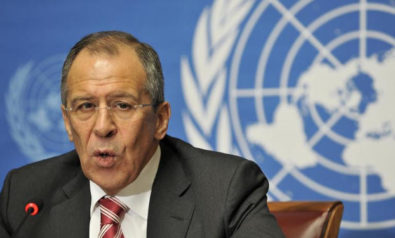

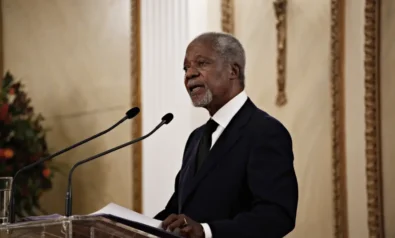
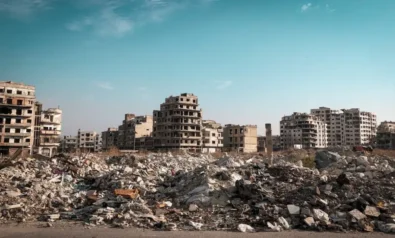
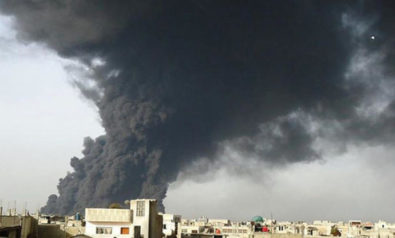

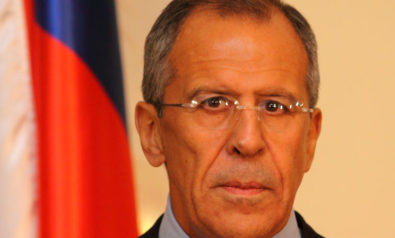
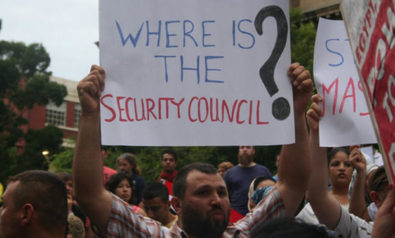
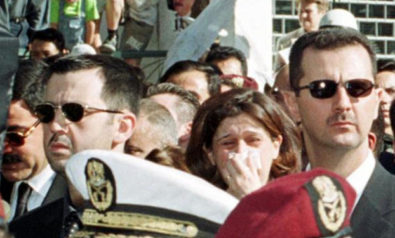

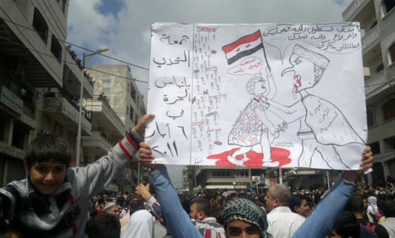
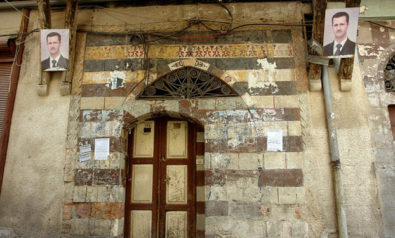

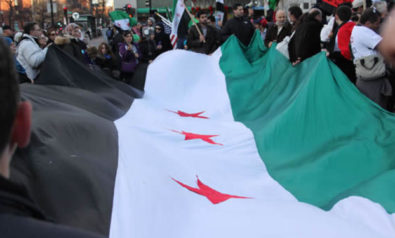

Comment